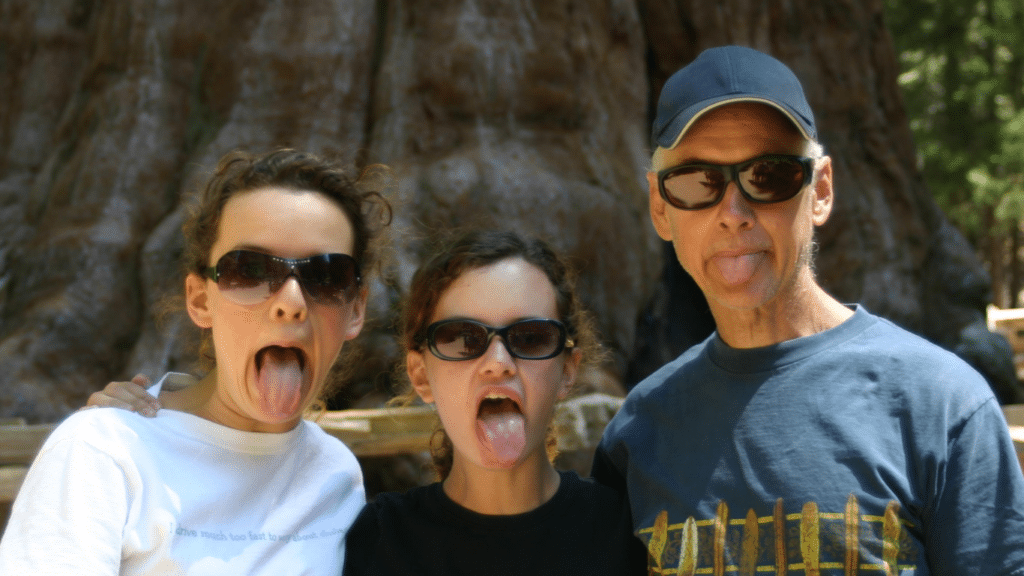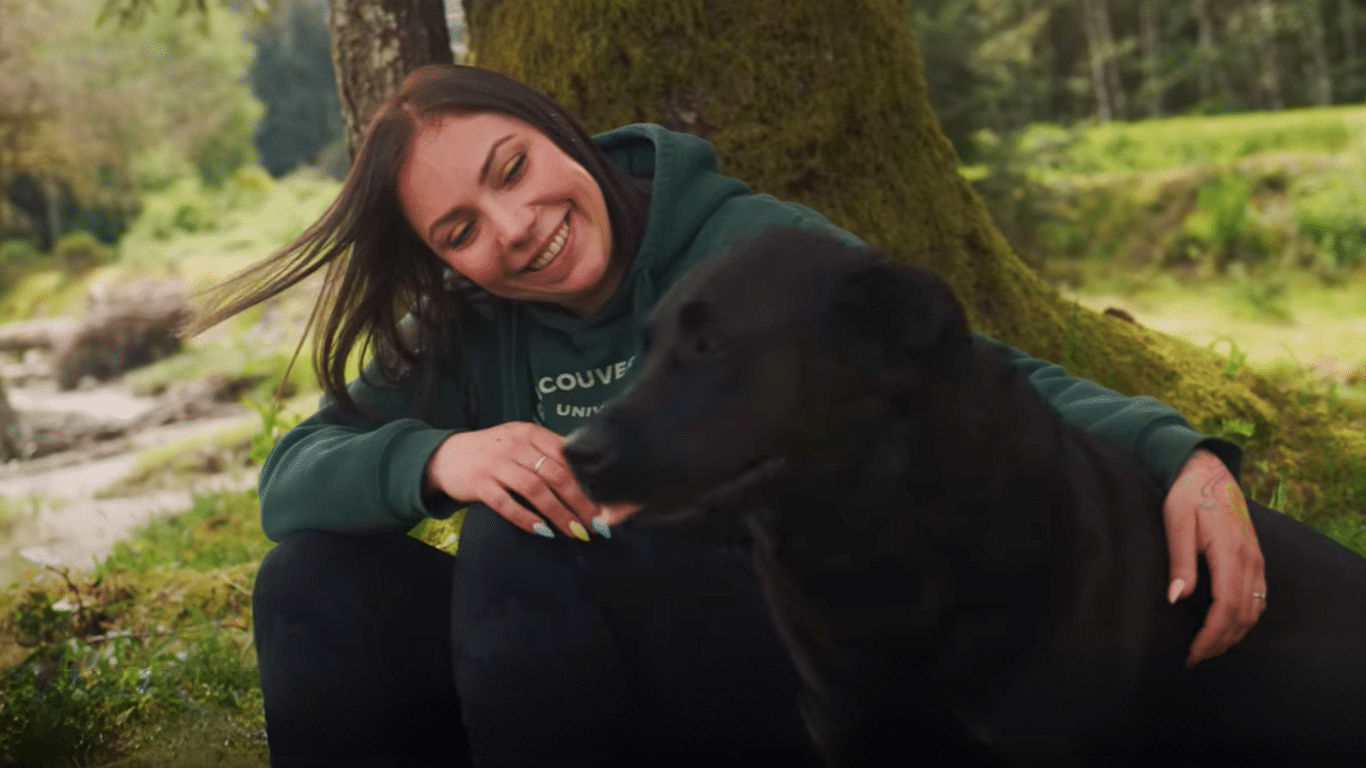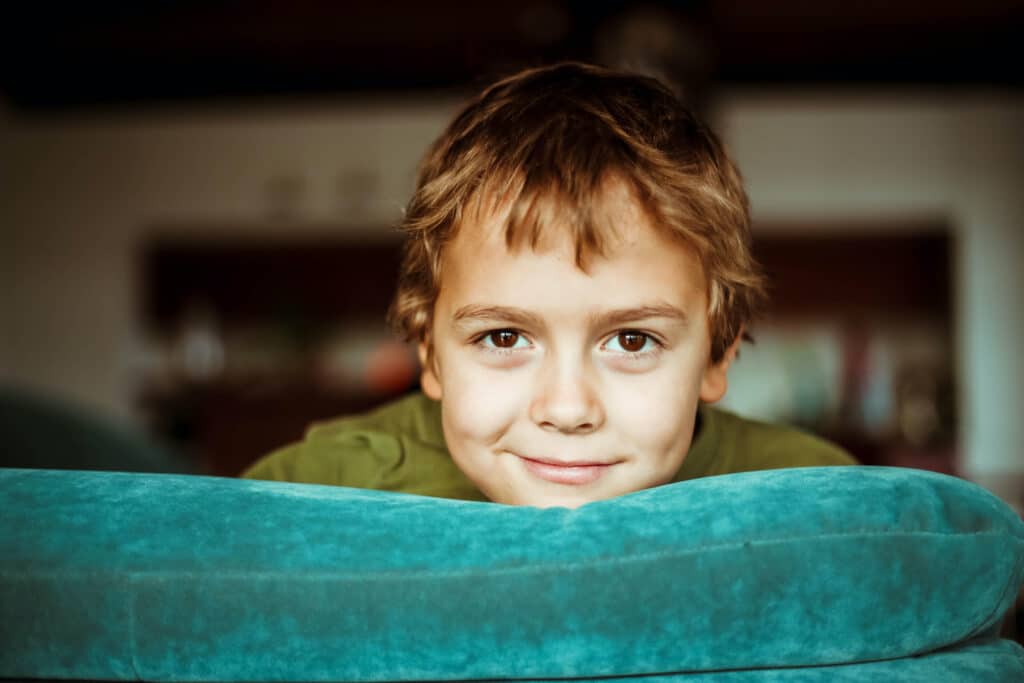As awareness and recruitment around teen adoption grows, hope is on the rise for youth who were once considered “unadoptable.” We talked with Wendy’s Wonderful Kids recruiter Anne Melcombe about how she looks outside the box to find families for the unique kids on her caseload.
You’re searching for families for teens that most people would consider hard to place. What can you tell me about these teens and their circumstances?
When social workers think about adoption forteens, they often think about the teens who are doing well. These are the teens we think of as “adoptable.” While all teens require additional support and parenting skills, there are many families who could meet the challenge of parenting these types of “adoptable” teens.
However, youth who have been in foster care for much of their lives usually have some kind of residual effects from their experiences in care. They’re not the type of kid that most “inside the box” waiting parents are first looking for. Issues like drinking, drugs, swearing, and school problems are challenging to think about. But who needs a family more? Who’s going to be in worse shape when they age out? These are the kids that I’m really worried about.
I’m currently working with a youth who is just coming out of rehab, who’s charming, sweet, gentle, and considerate. He’s also had to deal with some legal issues from when he was using. He wants someone to be there for him for the rest of his life to help him stay on track. I’m looking for a non-judgemental, accepting, warm, nurturing family who lives outside of the Lower Mainland, and is able to help this youth explore some of his career and lifestyle options.
What gives you hope that you’ll find families for these kids?
Because we have to, and because ultimately, I’m an optimist. These kids deserve to have what everybody else has. Kids who are in treatment need a family. Kids who are in jail need a family, and they need a soft place to land. I have a couple of placements in the works already. I have a skilled, quirky, open-minded family who’s adopted one youth and is back for another.
What are the advantages to adopting teens?
No diapers! Teens can get a job. And teens are fun. I have teens at home and because of them I don’t feel my age. I don’t have a choice–I have to have energy. You learn to look for the enjoyment, and the rewards are immeasurable. If what you want is to be a parent and make a difference, why not consider a teen?
What types of families do these kids need?
We have a lot of kids who are not perfect, and not-perfect kids need not-perfect parents. We have to get the word out about that! We’re looking for families that are a little bit outside of the box, a little quirky, a little left of centre. They need to be safe–they go through all the same criminal checks as everyone else. But they don’t need to be typical middle class families, because that’s going to feel strange to these teens. The family could be a single parent, older parents, siblings that live together, large families, two unrelated people who live together, gay families, lesbian families, people who live in apartments or in the middle of nowhere. Maybe they’ve raised teens already and got through some tough years and have some skills now. Maybe their teens are grown, and they realize they’re not quite finished.
Should these families have different expectations of the parent-child relationship?
Yes. If your goal is to have somebody call you Mom or Dad, or somebody to meet your need to nurture, this is probably not the right fit for you. You can’t expect older kids to adapt and be molded. These families need to meet the kids’ needs. You have to be willing to take what you can get, and understand that Mom and Dad, for these kids, doesn’t necessarily mean something wonderful. They all want a family, but the adoption word is scary because it implies a lot of commitment.
What do adoptive parents of teens need to be prepared to do?
Be open-minded. If you can look beyond behaviour, that’s the key. Inside every teen in foster care is a little child who didn’t get their needs met. In a lot of ways, a 12-year-old is a two-year-old with a one beside it. Behaviour is what’s on the outside and it’s usually a shield. Parents have to be able to see the successes in tiny steps.
These kids cling to birth family relationships, even if they’re unhealthy, because unhealthy attachments are better than no attachments. Adoptive parents need to help them keep connections while staying safe. These kids don’t have any particular reason to trust. They won’t attach easily and quickly. Families need to commit to them 100%, no matter what. That may mean the kid doesn’t even live under their roof. They can still have a parenting relationship.
If someone is interested in adopting a teen, but they don’t have a lot of experience, what are some ways they can learn more?
First, they should take the Belonging Network’s “Adopting Teens and Tweens” workshop series. They can also provide respite care for a foster home with teens. They can become a mentor–connect with a group home or an organization like Big Brothers, go to a high school and be a learning assistance buddy, or volunteer with a youth centre or a place like Covenant House. There are even volunteer programs in treatment centres. If you’re scared of teens, that’s a really good way of getting un-scared. It’s also great to connect with other families who are parenting teens.
Anne Melcombe is an adoption social worker/child specific recruiter with the Wendy’s Wonderful Kids program at the Belonging Network. A foster parent for more than two decades, Anne is a single adoptive mom of three. She is passionate about permanent family connections for children and youth.





